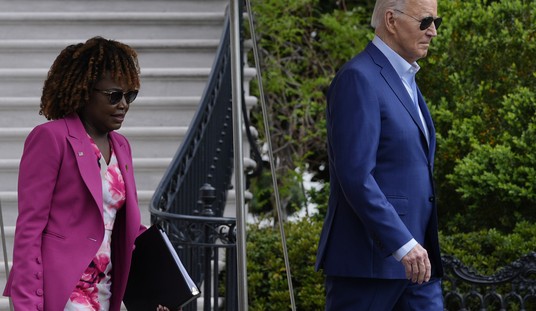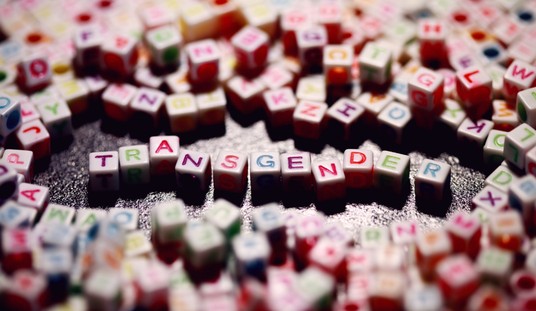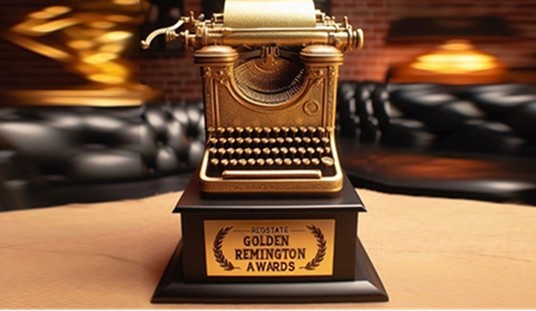
It was only a matter of time before inanimate objects were deemed racist by the perpetually aggrieved left. The latest perpetrators are salads that purport to be of Asian influence (A/K/A, Asian salads).
In a New York Times opinion piece entitled, “Why Is Asian Salad Still on the Menu?”, writer Bonnie Tsui chronicles her many feelings upon seeing an “Asian Emperor Salad” on the menu of a restaurant in San Francisco. She was amused. She was irritated. She seems like a pretty hangry chick, to be honest.
The “Asian Emperor Salad,” with its “31 ingredients representing the tastes, textures and flavors of Asia,” stirred something other than hunger in me.
I tried to identify exactly what that was. I made a halfhearted joke to my husband about just which Asian emperor this salad was honoring. I thought about its grand imprecision, which irritated me as a Chinese-American. And I wondered, who cooked up this thing?
What she finds out is that – gasp! – non-Asian Americans are responsible for inflicting the Asian salad upon unsuspecting diners who don’t realize how racist they are for eating a delicious concoction of cabbage, carrots, and chicken. Topped off with Mandarin oranges – racist Mandarin oranges, obviously!!!
Celebrity chef Wolfgang Puck gets called out for popularizing Asian fusion cuisine back in the 1980s. He’s not expressly labeled a racist by the author, but she certainly thinks he set the stage for the proliferation of racist salads.
The casual racism of the Asian salad stems from the idea of the exotic — who is and isn’t American is caught up wholesale in its creation. This use of “Oriental” and “Asian” is rooted in the wide-ranging, “all look same” stereotypes of Asian culture that most people don’t really perceive as being racist. It creates a kind of blind spot.
Or, Bonnie, it could be that people are smart enough to know that they are not eating perfect replications of dishes native to Asian countries, and appreciate the inclusion of the word “Asian” as a nod to the origins of the dish. And perhaps consuming this dish will lead diners to learn more about the culture, even if the connection to the food is simply tangential. Maybe they’ll even like their racist salad so much that they’ll learn to cook authentic Asian cuisine.
Then there’s the crazy idea that Asian/Oriental/racist salads stay on the menu because people like them and are buying them. We like to call that capitalism, and it explains why iPhones rule the world while Palm Pilots have faded into obscurity.
This is, of course, lost on Tsui.
When I see an Oriental Chop Chop or a Secret Asian Man, I feel … weary. Because the language of the Asian salad is revealing of the dangers of bland, disembodied generalization: When you fail to see countries and cultures as discrete entities, what kind of consideration could you be expected to give to individual people?
One wonders how the Irish have managed to keep their cultural identity after having a stew named after them. The Greeks have never been the same since having their own racist salad incident. And don’t forget about Spanish rice, the most bigoted rice of all.
Bonnie Tsui’s silly article is just another case of the left, as supported by the New York Times, looking for racism where there is none. Perhaps looking in the mirror would be more productive.














Join the conversation as a VIP Member